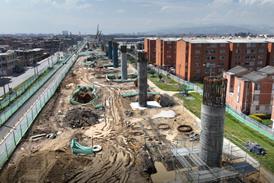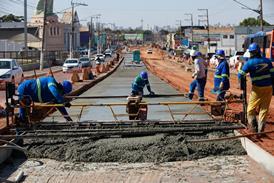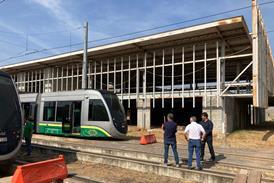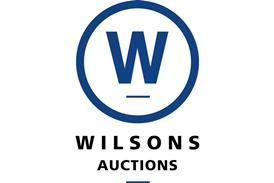AT THE end of August the Board of Russia’s Ministry of Railways expected to authorise implementation of the second stage of the national railway reform programme. The ’Concept of Structural Reforms of the Russian Railways’ was formally approved by government in 1998 (RG3.98 p138), and this has now been substantially revised to reflect operational and financial performance in the last two years. Results to date have been positive, and helped by rising industrial production, freight traffic is once again increasing - tonnage hauled in the first half of this year was up by 17% over the same period in 1999.
When the Presidents of the 17 RZD Regional Managements met in the summer, they voted to retain the centralised management structure but to separate strategic from operational functions that are at present integrated within the Ministry of Railways. This could mean the establishment of the operating railway as a joint stock company that would remain under government ownership for the foreseeable future. The Presidents also agreed to promote the development of competition within specific sectors, to make the railway more attractive to investors, to continue with a programme of asset renewals and application of modern operating practices, and to improve staff motivation.
There is little doubt that the 86660 km network remains fundamentally important to the Russian economy. The need for modernisation of rolling stock and infrastructure is huge, and moves to encourage investors cannot come too soon. In this sense, legislation to carry through the second stage of the reform programme is urgent. With Railways Minister Nikolai Akyonenko counting on the support of President Vladimir Putin, progress may be rapid.
Aksyonenko says that 70bn roubles will be invested this year. Reports suggest that the prototype Sokol high speed train may enter trial service this month between Moscow and St Petersburg. We wish it every success, as apart from cutting journey times on RZD’s flagship inter-city route, it may draw attention to the future role of the national railway. One Sokol trainset will not transform rail’s image as successfully as the launch of AVE services did in Spain in the early 1990s, but it may help. If investors are to be wooed, then RZD needs to exploit every opportunity.




















